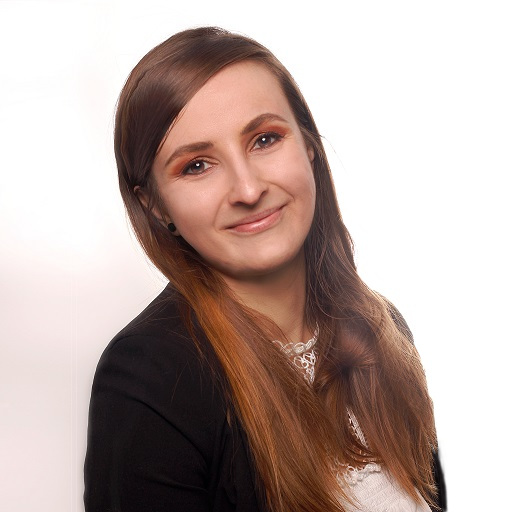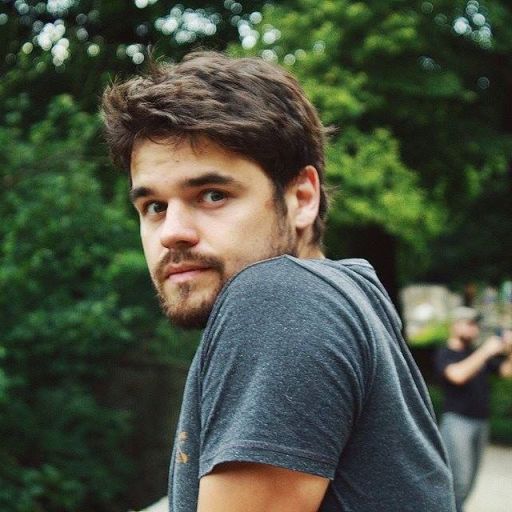 |
 |
 |
The authors of the “Osobliwości osobowości” project: (from the left) Lidia Baran, PhD (the Institute of Psychology); Maria Flakus, PhD (the Institute of Psychology); and Radosław Rogoza, PhD (the Institute of Psychology of the Cardinal Stefan Wyszyński University in Warsaw) | Photo from the archives of L. Baran, M. Flakus, and R. Rogoza
|Katarzyna Stołpiec|
Lidia Baran, PhD, Maria Flakus, PhD, from the Institute of Psychology, and Radosław Rogoza, PhD, from the Institute of Psychology of the Cardinal Stefan Wyszyński University in Warsaw, these three psychologists have started the first research under the Osobliwości osobowości (Peculiarities of personalities) project from the research series dedicated to the analysis of life and colours of narcissism. The project is financed with the research grant under the National Science Centre OPUS 20 call for proposals.
“We are thrilled by this initiative. We hope that its results can contribute to expanding knowledge about the dark sides of human functioning, which everyone has,” says Lidia Baran, PhD.
Osobliwości osobowości is the first in Poland project on ecological (environmental) and temporary measurement of the level of narcissism in specific personality types. It is based on gathering opinions of surveyors on their feelings and emotions, which arise under various circumstances that we encounter every day. Another stage of the project is to compare the gathered data and analyse them on whether there were diurnal emotional variations or these are of more constant features.
“We can observe a certain level of narcissism in each type,” explains Radosław Rogoza, PhD, who is behind the idea of the research. “There are three base levels of narcissism: the base one, which is characterised by daily self-confidence, self-motivation, audacity, and resolution; the second is characterised by taking advantage of others for one’s purposes and cushiness; and the third, in which we are most interested, i.e. oversensitivity about oneself, anxiety about being hurt, fear of failure and feelings considered negative such as pain, shame, and humiliation. All these elements can result in extrovert hostility against third parties. The aim of our project is to confront two paths: conceptualisation of a narcissistic personality vs pathological narcissism, i.e. narcissism with a clinical background, between which fluctuations occur. The literature indicates that people with a “bloated” ego can become extremely sensitive about the “I” under certain circumstances. Unfortunately, the tendency does not occur in the situation of transition from an oversensitive person to a state of moderate (controlled) self-awareness. Researchers have succeeded in confirming this hypothesis; however, it lacks the answer on whether these stages are the only possible way to get from one extreme to the other, or there are other solutions. This deficit gives us an opportunity to start novel research within the area of psychology.”
“It is commonly thought that personality traits are a rather constant and stable image of a personality. Labelling such traits as a part of a certain personality would suggest their compatible functioning, invariable depending on the moment of their measurement. The research we are carrying out is deeper and to check whether this is the case or some personality traits may fluctuate depending on the current mood. Until now, in relation to other personality models, the aspect of short-term and long-term stability has been analysed. We try to focus on the short-term aspect in relation to a specific personality trait, which narcissism is,” explains Maria Flakus, PhD.
The project research continues to engage new volunteers. Lidia Baran, PhD; Maria Flakus, PhD; and Radosław Rogoza, PhD, encourage everyone to take part in the research via the FillItApp (available only for Android). The details regarding the initiative as well as the application form are available on the project website and Facebook.





